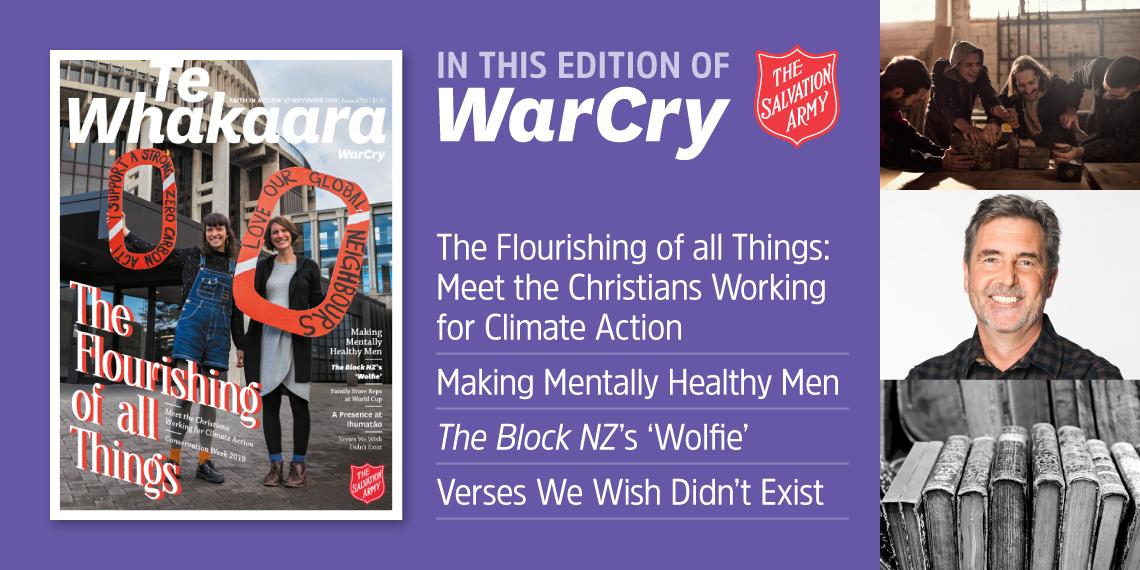You are here
Creation, karma and Christian living

In this edition
I found this week’s feature quite confronting—you may, too, as it is honest about Christian culture’s role in our environmental crisis. But, in speaking with two young women working in climate action, I also noticed how they expressed care for creation as a deeply Christian way of life.
I had never thought about how my actions towards the environment reflect my personal integrity. But for Kate Day and Elise Ranck ‘small, simple actions’ that show love towards creation and towards our neighbours around the world is a type of holy living—a setting apart. It’s a way of life that expresses our love for God and for others, it’s choosing people over purchasing power. It’s choosing consciousness over consumerism.
We may ask ourselves, What’s the point in trying to use less plastic, or eat less meat, or live more sustainably, when we need drastic international action to save the planet? But we could ask the same questions of more traditional notions of holiness: What does it matter if I tell this little lie? Who will it affect if I don’t pay my bus fare?
The reality is, it may not affect anyone else on a grand karmic level (after all, we don’t believe in karma—we believe in grace). But it does affect me. My everyday actions determine the kind of person I become.
Elise said that learning to be more conscious of creation care has changed her heart—it has made her more caring and prayerful. That sounds beautiful to me.
Perhaps it’s time creation care became part of the normal Christian life—a part of a broader, inclusive holiness tradition.
Ingrid Barratt
Editor
Bible verse
Deuteronomy 10:14
To the Lord your God belong the heavens, even the highest heavens, the earth and everything in it.
Tuiteronomi 10:14
Nana, nō Ihowā, no tōu Atua, te rangi me te rangi o ngā rangi, te whenua me ōna mea katoa.
by Ingrid Barratt (c) 'War Cry' magazine, 24 August 2019 p11. You can read 'War Cry' at your nearest Salvation Army church or centre, or subscribe through Salvationist Resources.